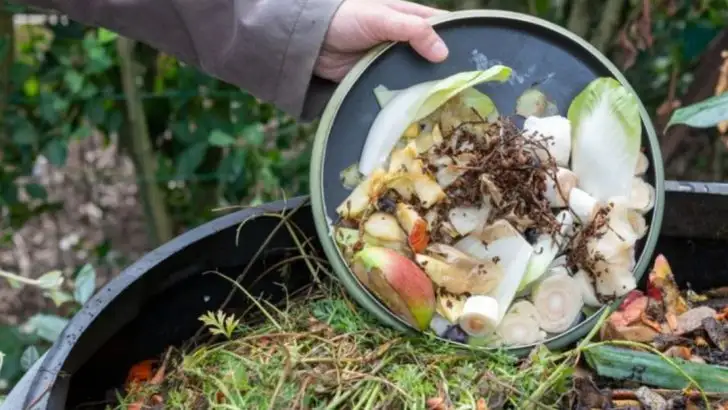Creating a thriving garden doesn’t just rely on basic soil and water—there are secret ingredients that can make all the difference in promoting healthy growth, vibrant blooms, and bountiful harvests. These often-overlooked elements can help your plants flourish like never before.
In this article, we reveal 16 secret ingredients for a thriving garden, from natural fertilizers and soil amendments to plant boosters and companion planting tips. Whether it’s using coffee grounds to enrich soil or adding fish emulsion for nutrient-rich growth, these hidden gems will give your garden the extra boost it needs to thrive. If you’re looking for effective, easy ways to elevate your gardening game, these ingredients are the key!
Coffee Grounds
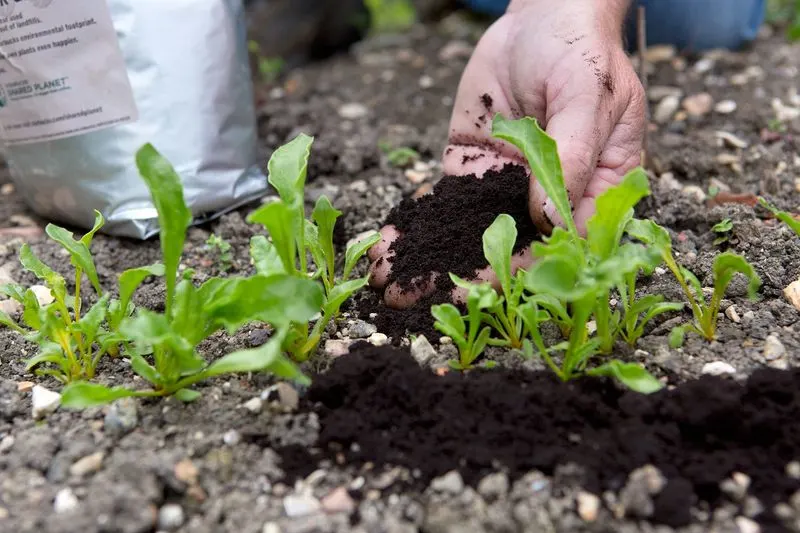
Coffee grounds are a fantastic addition to your garden. They enrich the soil with nitrogen, a crucial nutrient for plant growth. As they decompose, they enhance soil structure, aiding water retention and aeration. Worms, beneficial for soil health, are attracted to coffee grounds, further enriching the earth. Use them around acid-loving plants like blueberries and azaleas for best results. However, moderation is key, as excessive use can alter the soil pH. Incorporate them into your compost pile for a balanced mix. This humble kitchen waste is an eco-friendly way to boost your garden’s vitality.
Eggshells
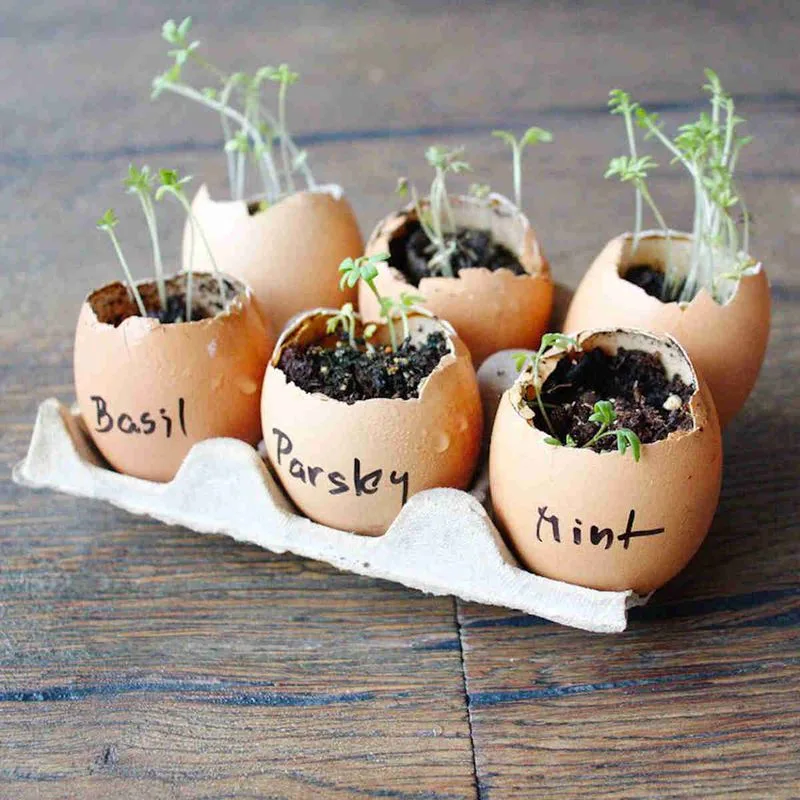
Eggshells, often discarded as waste, hold secret powers for gardeners. They are rich in calcium, which strengthens plant cell walls, enhancing overall health and growth. Crushed eggshells deter pests like slugs and snails, offering a natural protective barrier. Before using, rinse and dry them to prevent odor. You can add them directly to the soil or use them in compost. Over time, they break down, slowly releasing nutrients. This simple, cost-effective method not only recycles waste but also supports sustainable gardening practices. Embrace this natural amendment for a robust garden ecosystem.
Banana Peels
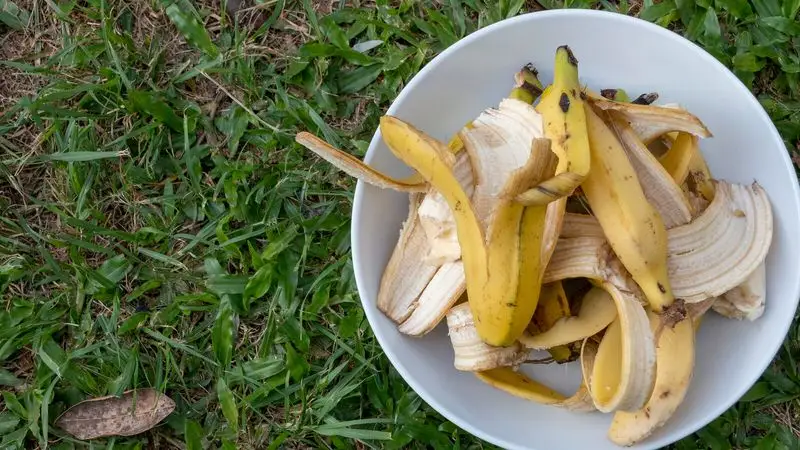
Banana peels are a gardener’s secret weapon, loaded with potassium and phosphorus, essential for flowering and root development. When decomposed, they enrich the soil, promoting vibrant blooms and robust roots. Simply bury peels near the base of your plants or chop them into small pieces for faster decomposition. They’re especially beneficial for roses, tomatoes, and peppers. Avoid leaving them on the soil surface to deter pests. This organic approach not only enhances plant health but also reduces kitchen waste, making it a win-win solution for conscientious gardeners.
Epsom Salt
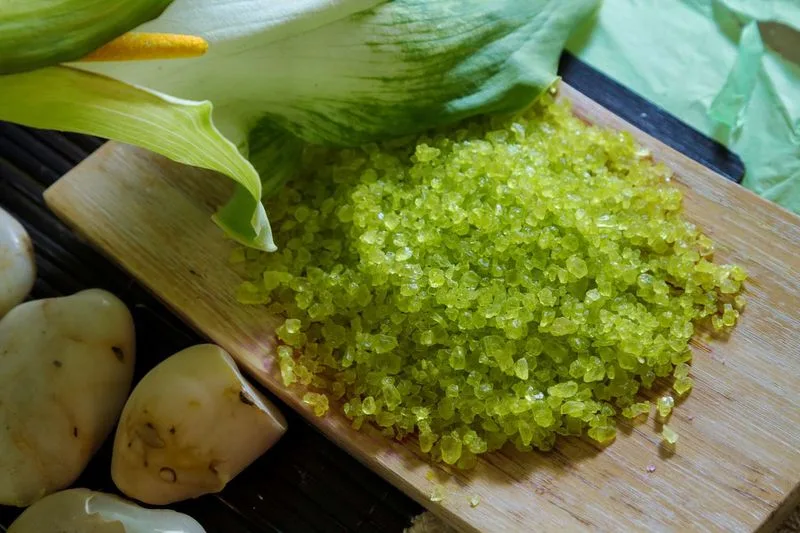
Epsom salt, rich in magnesium and sulfate, is a boon for plants. Magnesium aids in chlorophyll production, enhancing photosynthesis and the plant’s ability to absorb nutrients. Sulfate improves root strength and seed germination. Dissolve Epsom salt in water and use it as a foliar spray or soil drench. This will address magnesium deficiency, often indicated by yellowing leaves. It’s particularly beneficial for tomatoes, peppers, and roses. However, excessive application should be avoided, as it can lead to nutrient imbalance. Use this mineral wisely for a thriving plant habitat.
Comfrey Tea
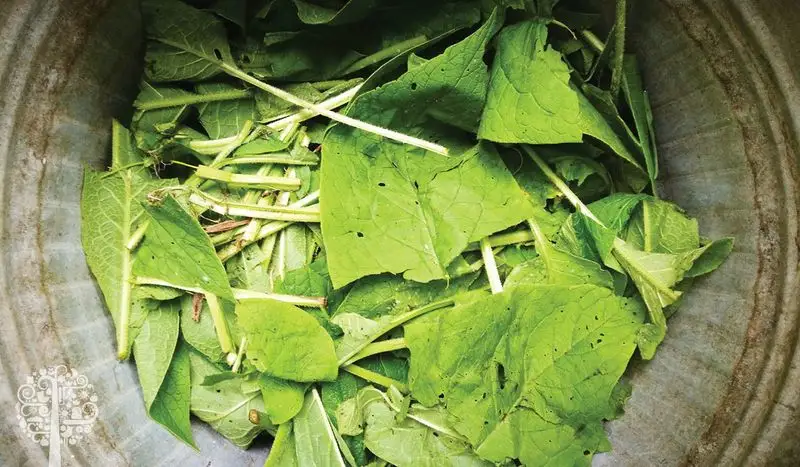
Comfrey leaves are a powerhouse of nutrients, making them perfect for garden fertilizer. Easily brewed into a ‘tea’, comfrey provides a rich source of nitrogen, phosphorus, and potassium. To make, steep chopped leaves in water for several weeks, then dilute before applying. This potent liquid feed supports healthy foliage and root development. It’s especially beneficial for fruiting plants and vegetables. While it strengthens plants, it also encourages beneficial microbial activity in the soil. Incorporating comfrey tea into your gardening routine can lead to vibrant, productive growth.
Fish Emulsion
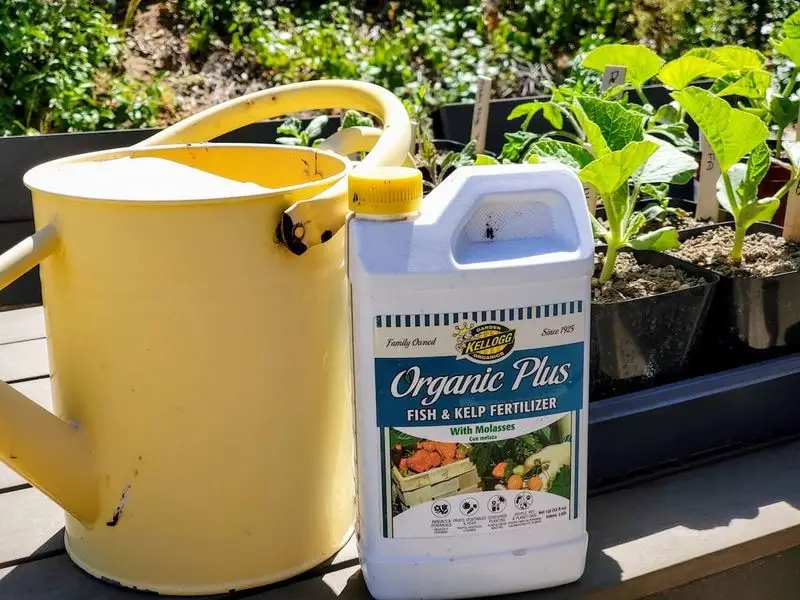
Fish emulsion is a versatile fertilizer derived from fish waste. It’s packed with essential nutrients like nitrogen, phosphorus, and potassium. This liquid fertilizer promotes vigorous plant growth and improves soil microbial activity. Dilute it with water before applying to prevent over-fertilization. Fish emulsion is particularly useful for leafy greens, tomatoes, and perennials. Its quick absorption rate means plants receive nutrients rapidly, promoting robust health. However, its strong odor requires careful application. Regular use can transform your garden, turning it into a thriving oasis filled with healthy, lush plants.
Seaweed Extract
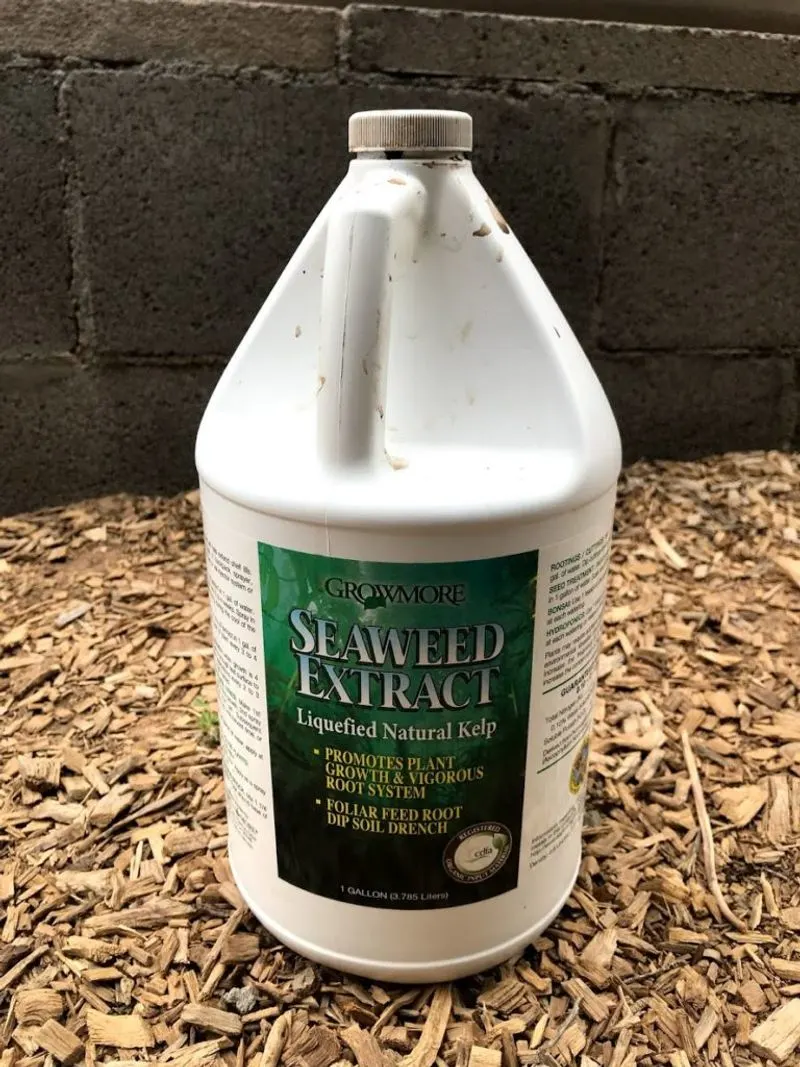
Seaweed extract offers a bounty of micronutrients and growth hormones. It enhances plant vigor by improving nutrient uptake and increasing resistance to pests and diseases. As a liquid fertilizer, it can be applied as a foliar spray or soil drench. Its natural hormones, like cytokinins, stimulate root growth and overall plant development. Use it on vegetables, flowers, and fruit trees for optimal results. Seaweed extract is also known to improve soil structure and increase beneficial microbial activity. This natural soil amendment supports sustainable garden practices and cultivates healthier plants.
Wood Ash
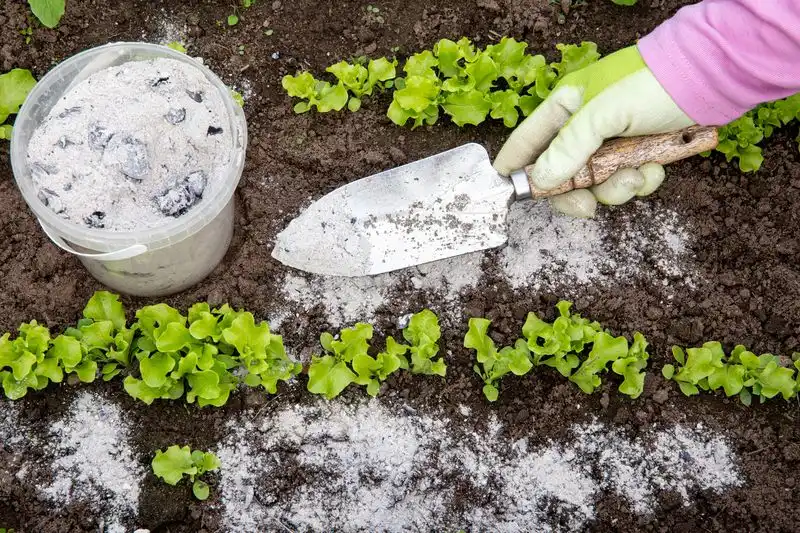
Wood ash, a byproduct of burning wood, is an excellent source of potassium and lime. It can raise soil pH, making it ideal for acidic soils. Use it around root crops, like carrots and beets, to enhance growth. However, caution is necessary, as excessive use can lead to nutrient imbalances. It also deters pests such as slugs and snails. Before application, ensure the wood is untreated to avoid introducing harmful chemicals. This sustainable practice not only recycles waste but also enriches the garden, promoting a balanced and healthy ecosystem.
Molasses
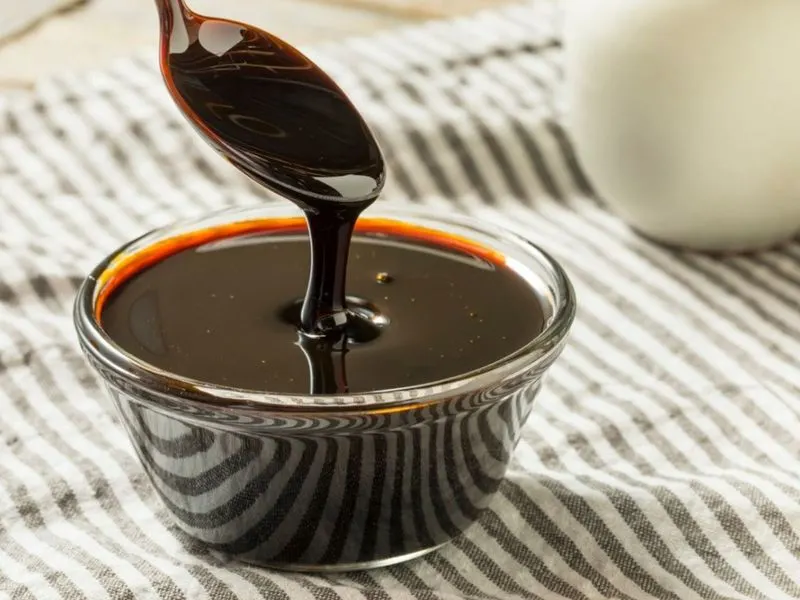
Molasses is more than a sweetener; it’s a powerful garden ally. High in sugar content, it feeds soil microbes, enhancing soil fertility and structure. It also helps in nutrient absorption and boosts plant energy. Mix it with water to create a natural fertilizer or compost activator. This sticky substance is particularly beneficial for tomatoes, peppers, and roses. As it encourages microbial growth, it fortifies the soil with organic matter. Molasses can be a secret ingredient to a fruitful gardening experience, nurturing plants and the environment simultaneously.
Green Manure
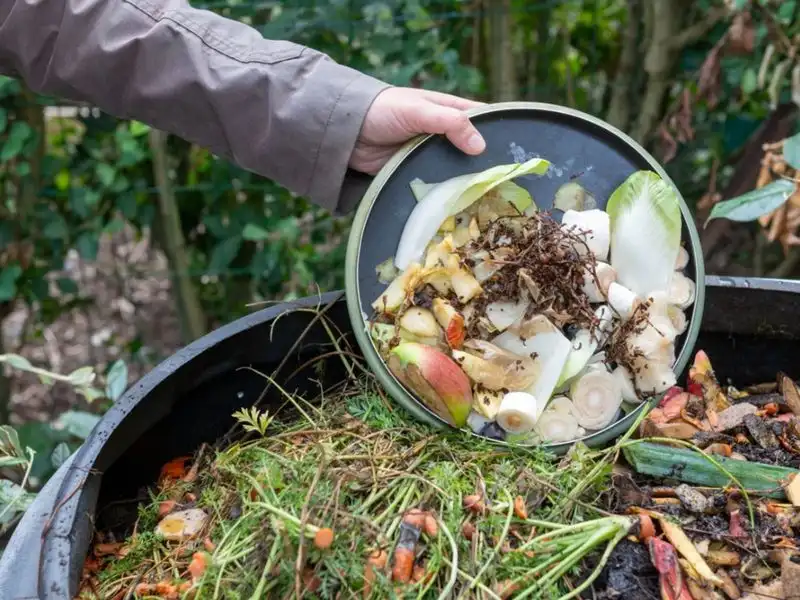
Green manure, grown specifically to be plowed back into the soil, offers numerous benefits. Plants like clover and vetch enrich the soil with nitrogen and organic matter. They improve soil structure, prevent erosion, and suppress weeds. Before planting, allow green manure to grow, then till it into the soil. This practice enhances soil fertility and health, promoting vigorous plant growth. It’s an eco-friendly approach to sustainable gardening, reducing the need for synthetic fertilizers. Green manure supports biodiversity and creates a thriving garden ecosystem, making it an invaluable gardening secret.
Worm Castings
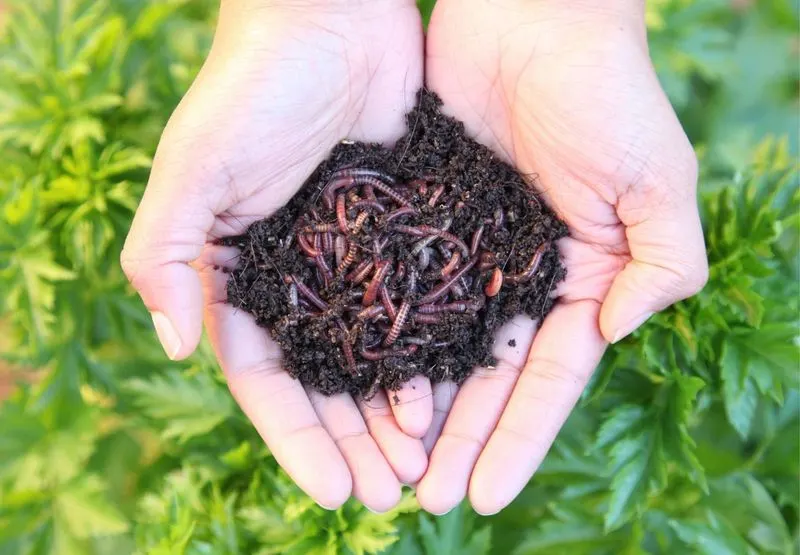
Worm castings, often referred to as ‘black gold’, are an exceptional organic fertilizer. Packed with beneficial microbes and nutrients, they enhance plant growth and soil health. These castings improve soil aeration, drainage, and water retention. They’re mild, so there’s no risk of burning plants. Use them in potting mixes or sprinkle on garden beds. Worm castings are particularly effective for vegetables and houseplants, promoting strong, healthy growth. This natural amendment supports a balanced ecosystem, enriching both soil and plant life. Incorporating them into your garden routine can lead to impressive results.
Rock Dust
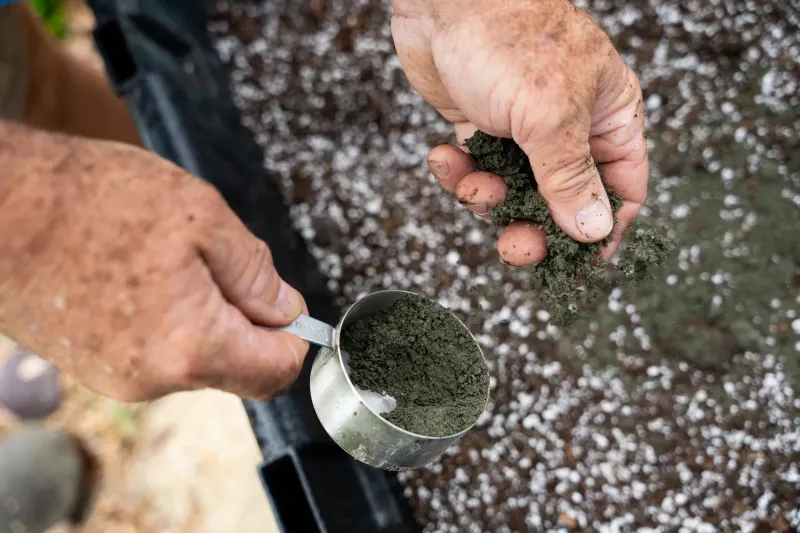
Rock dust, derived from finely crushed rock, replenishes soil with essential minerals. It’s an excellent source of trace elements like calcium, iron, and magnesium. These minerals improve plant health, boosting resistance to pests and diseases. When applied, rock dust enhances soil structure and fertility. It’s suitable for all garden types, from vegetable beds to flower gardens. Use in combination with compost for best results. This natural amendment supports a holistic approach to gardening, ensuring plants receive a balanced diet of nutrients. Rock dust is a powerful tool for sustainable, productive gardens.
Bone Meal
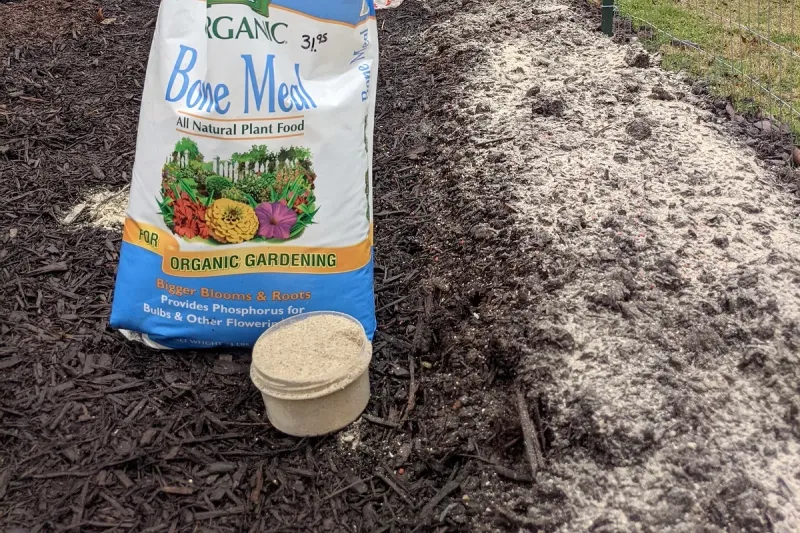
Bone meal is a slow-release fertilizer rich in phosphorus and calcium, crucial for root development and flowering. Its application promotes strong roots and vibrant blooms. Ideal for bulbs, perennials, and fruiting plants, bone meal enhances growth and productivity. Sprinkle it into planting holes or over garden beds. This organic amendment also improves soil structure and microbial activity. Use it sparingly, as over-application can lead to nutrient imbalances. By incorporating bone meal, gardeners can support plant vitality and achieve a flourishing, colorful garden throughout the growing season.
Charcoal
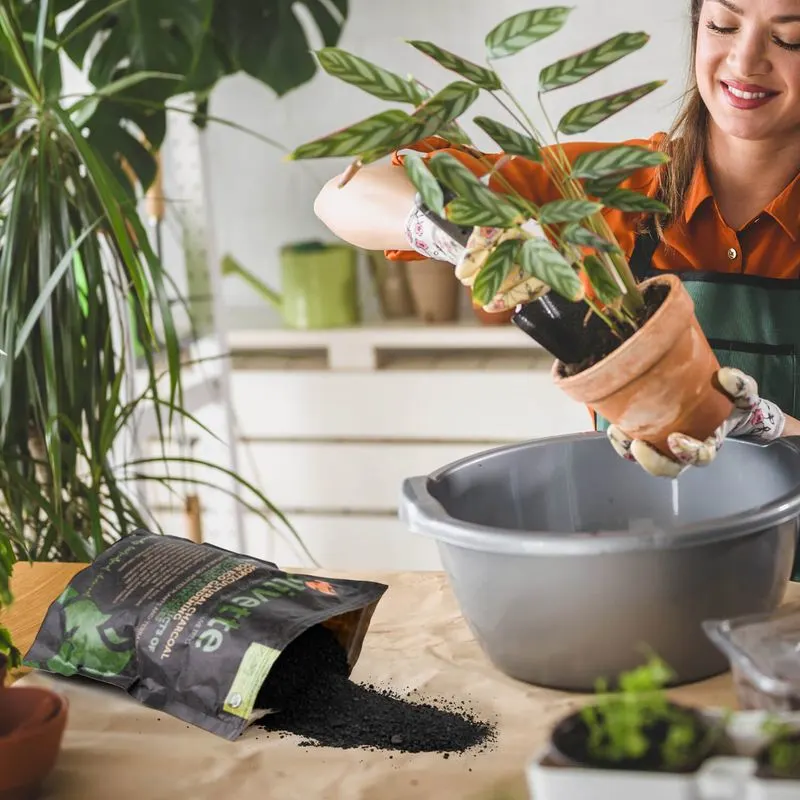
Charcoal is a lesser-known garden amendment with impressive benefits. It improves soil aeration and water retention while enhancing microbial life. As it’s resistant to decomposition, its benefits are long-lasting. Use it to create biochar by partially burning wood, then mix into the soil. This eco-friendly method enriches the garden, improving plant health and growth. It’s particularly beneficial in tropical climates, where soil nutrients deplete quickly. Charcoal offers a sustainable solution for maintaining soil fertility, supporting a thriving garden ecosystem for years to come.
Neem Oil
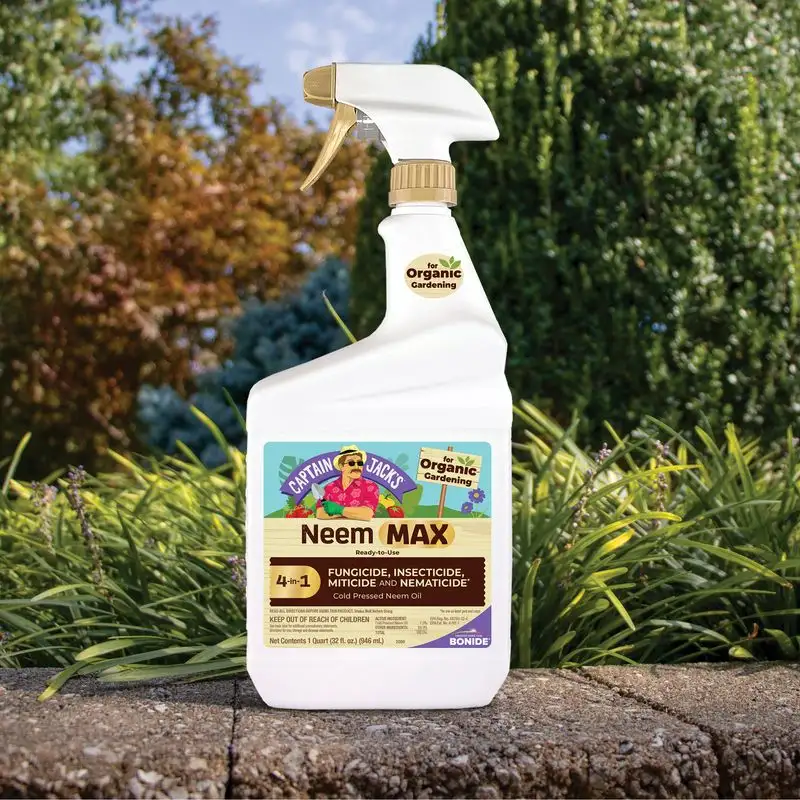
Neem oil, extracted from the seeds of the neem tree, serves as a natural pesticide and fungicide. It controls a wide array of pests without harming beneficial insects. Dilute and spray on plant foliage to treat and prevent infestations. Its active compounds disrupt pest life cycles, ensuring long-term protection. Additionally, neem oil has antifungal properties, combating common garden diseases. This organic approach maintains a healthy, balanced ecosystem, minimizing the need for chemical interventions. By integrating neem oil into your gardening regimen, plants are safeguarded, promoting robust growth and productivity.
Diatomaceous Earth
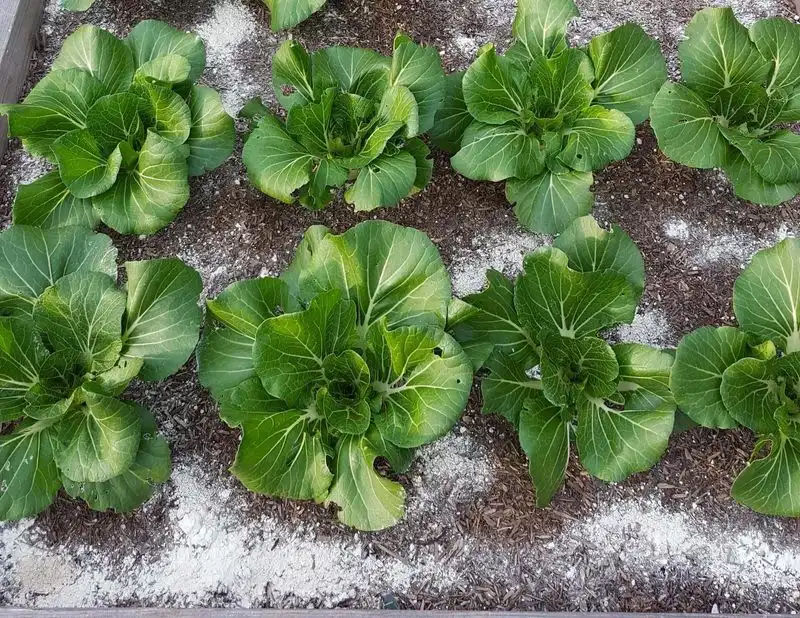
Diatomaceous earth, composed of fossilized algae, is a natural pest control solution. Its abrasive texture damages insect exoskeletons, leading to dehydration. Use it to target pests like ants, slugs, and beetles. Dust it lightly on soil or plants where infestations occur. Despite its potency, it’s safe for humans and pets. This non-toxic approach reduces the need for chemical pesticides, supporting an eco-friendly garden. By maintaining a natural balance, diatomaceous earth helps create a thriving environment for plants and beneficial organisms. Embrace this secret weapon for a healthy, pest-free garden.

